Viral
Joe Vesey-Byrne
May 23, 2017
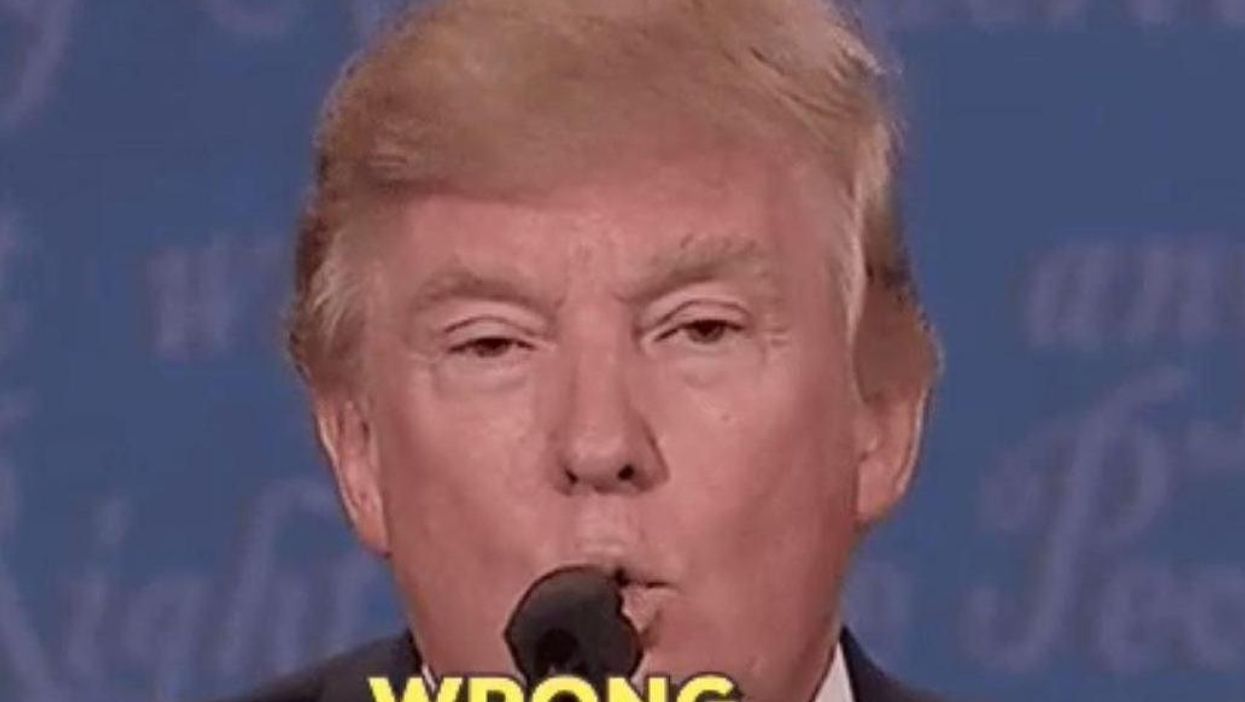
Picture:
Election2016/Giphy/Screengrab
It turns out there's a reason you're so stubborn in the face of overwhelming evidence that you were wrong.
According to psychologists speaking to the New York Times, the reason we often buckle down and refuse to admit we're wrong is something called 'cognitive dissonance'.
This is the stressful sensation of holding two contradictory thoughts in your head at once.
For instance when you do someone else a wrong, and then dismiss the guilt by deciding it was their fault.
Carol Tavris, the co-author of Mistakes Were Made (But Not by Me) writes:
Cognitive dissonance is what we feel when the self-concept — I’m smart, I’m kind, I’m convinced this belief is true — is threatened by evidence that we did something that wasn’t smart, that we did something that hurt another person, that the belief isn’t true,
Essentially people prefer to alter the events, than their perception of themselves. Travis continues in her book:
Dissonance is uncomfortable and we are motivated to reduce it,
The NYT also cited a study published in the European Journal of Social Psychology in 2012 about human's dislike for apologising.
According to the study, people don't like to apologise because not doing so makes them feel superior, and maintains their self esteem.
But apologising is important, for person to person interaction and other things we're supposed to care about.
So fight your nature:
More: This woman got promoted ahead of her white male co-worker. What he did next was awful
Top 100
The Conversation (0)
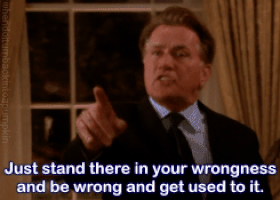



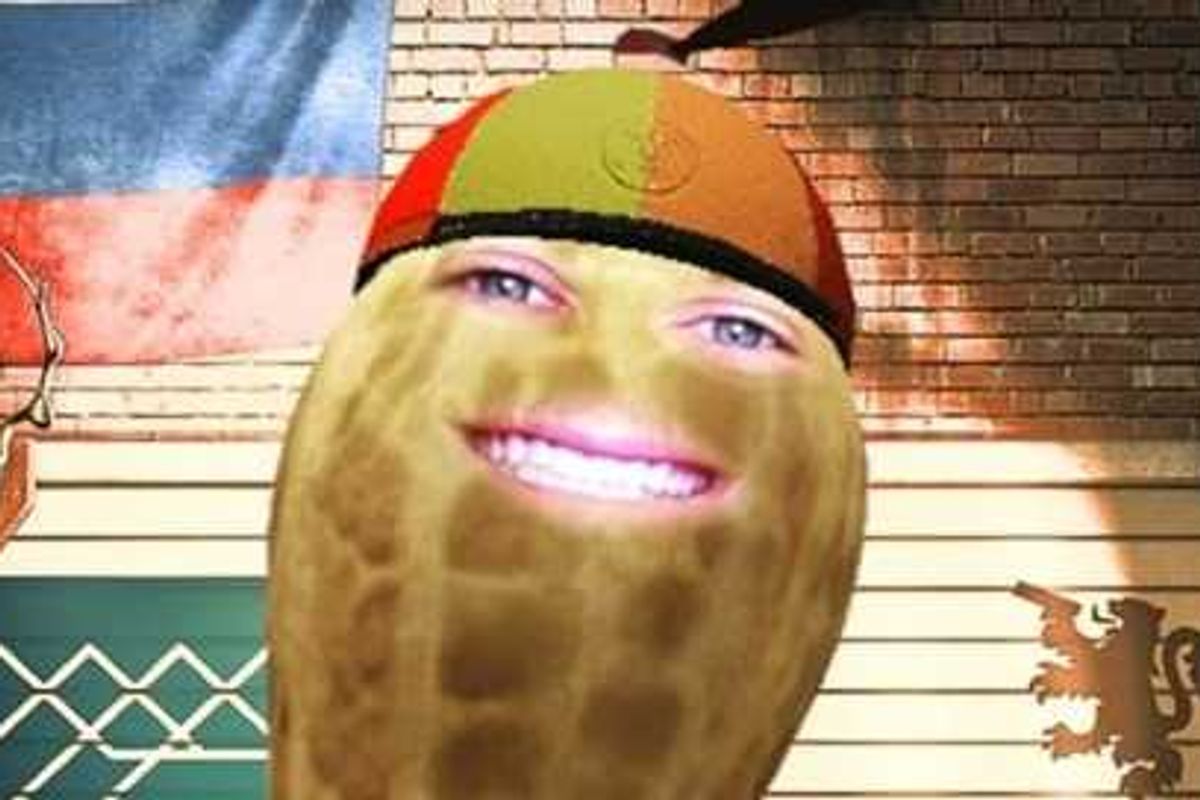






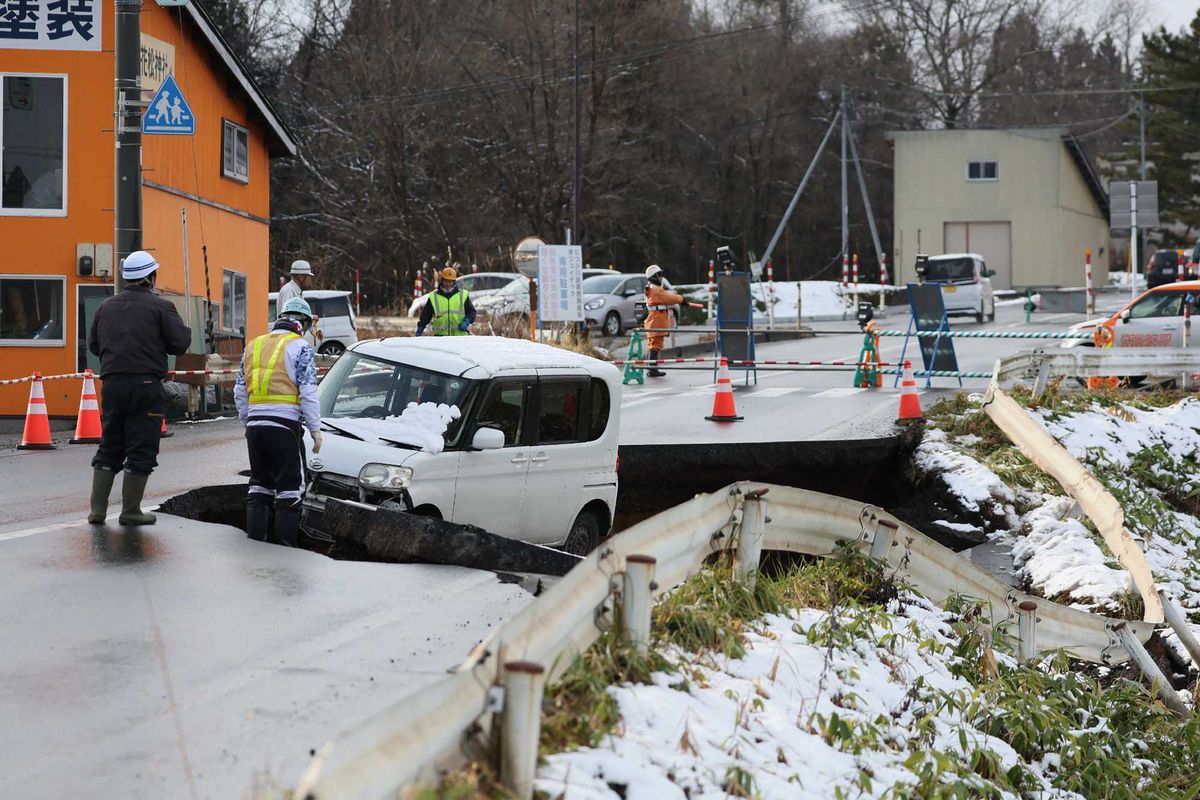
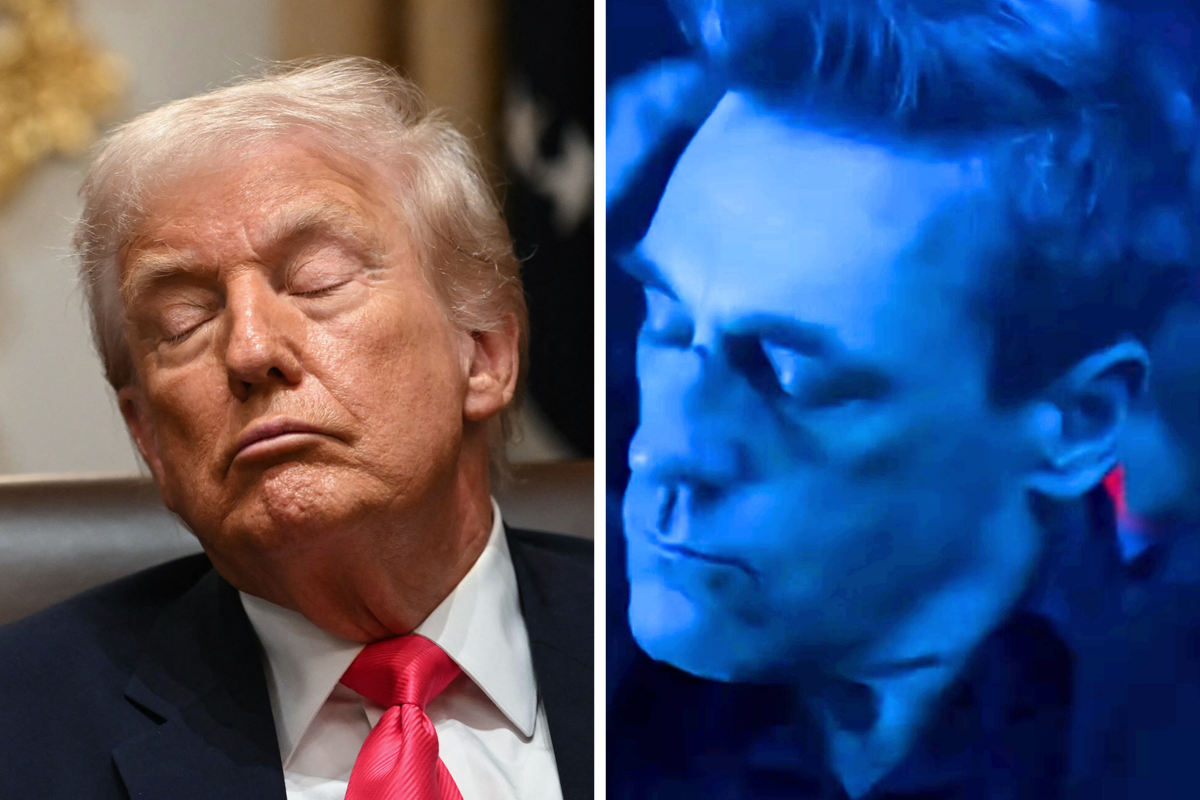

Donald Trump explodes at 'obnoxious' reporter